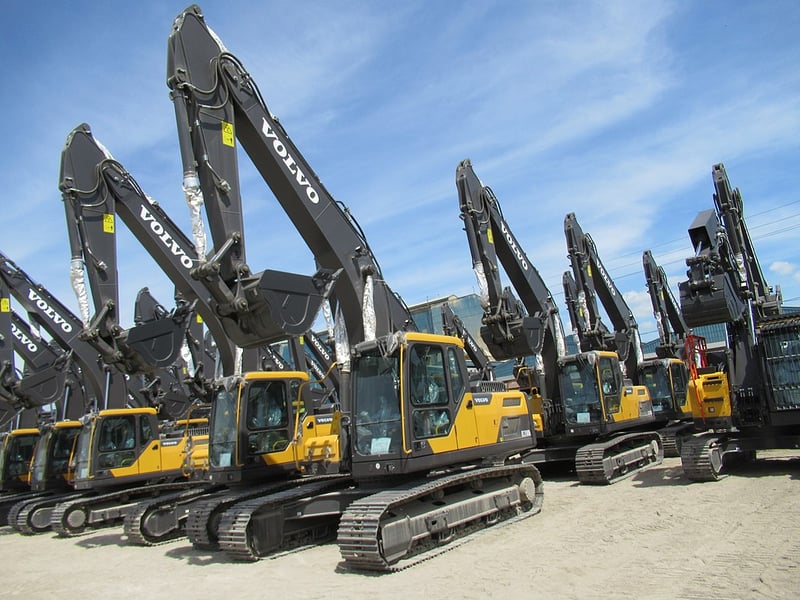
Image Source: FBenjr123 license
There are times when a machinery & equipment appraiser needs to include a visual site visit inspection as part of their valuation assignment however, due to scheduling, location, or cost concerns, cannot complete the fieldwork themselves. When this occurs, it is imperative that an alternative game plan be developed to ensure the inspections are completed in a timely and professional manner while still obtaining the critical information an inspection normally produces.
One option is to engage with a collateral inspection company whose primary job description is physical asset verification. There are a handful of these types of firms in the marketplace, and most have a significant number of employees and contractors spread across the country that enables most inspections to be handled locally.
Ordering the inspection is a fairly straightforward process that can often be done by completing digital forms found on its website. These will provide them with the type of equipment, location, contact, and timing information. If necessary, you can add specific detailed instructions to the work order and directly engage with the local contacts if this level of management is required. You can track the progress of the scheduling and once the job is completed, you will receive a report that includes a number of photographs to go along with the asset verification report. Utilizing this type of equipment inspection service is typically cost-effective and efficient, and can be expedited in just a couple of days for an additional fee if preferred.
From the appraiser’s perspective, it is important to know when this service makes sense and when it might not be the best solution. Collateral inspection companies are not appraisers, nor do they usually have the expertise required to create a detailed asset listing from scratch in cases where the equipment detail you receive in advance is incomplete or non-existent. There will always be situations where you, as the accredited, experienced appraiser, will need to go out yourself and gather the detail necessary to properly identify and describe the assets to complete a credible valuation.
The quality and quantity of the data an appraiser receives at the beginning of an assignment will generally dictate if an on-site visit is required and, if so, whether a collateral inspection firm would be a good fit to assist with the fieldwork. Every valuation project is unique and it is the responsibility of the appraiser to understand how best to tackle the scope of work and deliver a reliable report.


